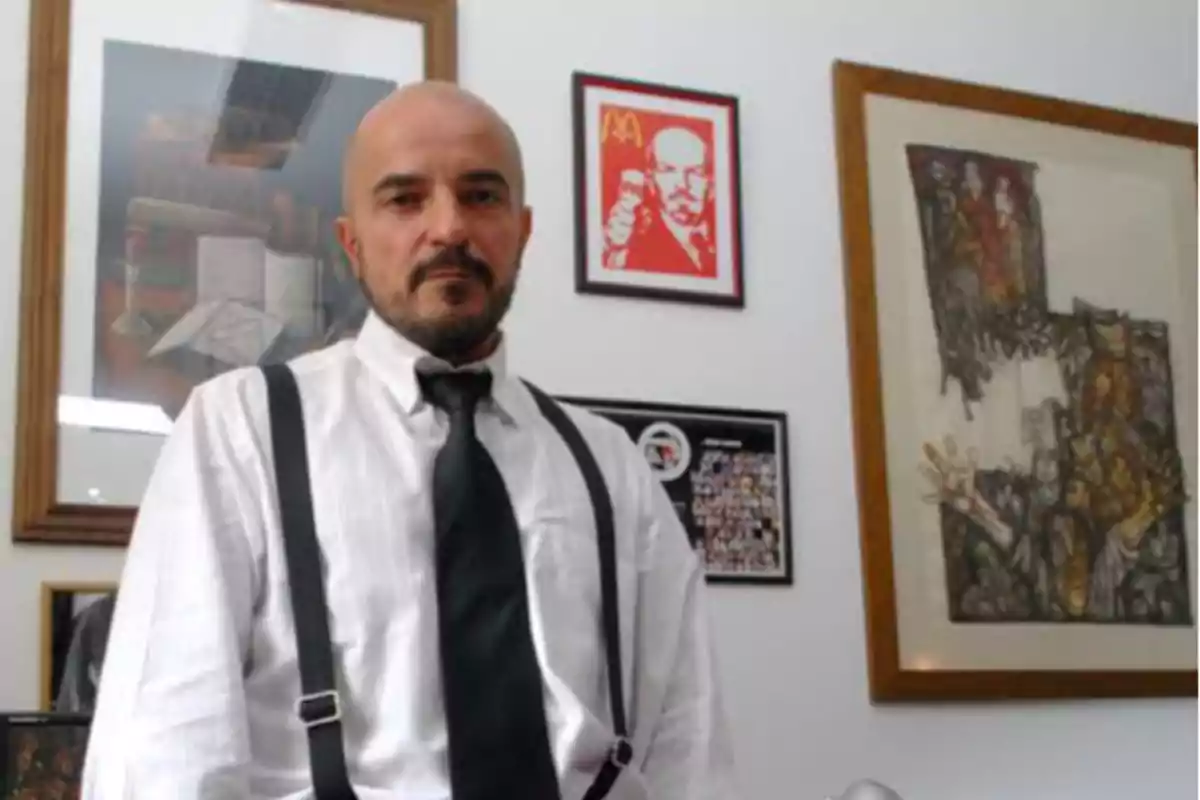
A communist judge obstructs public order with a ruling against the government.
Gallardo ordered the CABA Government to cover the 'march of the retirees.'
Judge Roberto Gallardo, known for his judicial career tinged with communist ideological activism, once again burst onto the political scene with a controversial ruling aimed at halting the actions of the Ministry of National Security, led by Patricia Bullrich.
In a ruling responding to a precautionary measure presented by union sectors aligned with Kirchnerism, Gallardo ordered the Government of the City of Buenos Aires –led by Jorge Macri– to organize and execute the security operation for the "retirees' march"called for Wednesday, April 9. Additionally, he prohibited the intervention of federal forces beyond the “federal interests”, in an attempt to dismantle the anti-protest protocol.
A justice functional to chaos
Far from being an isolated measure, this new ruling is part of a long series of Gallardo's interventions that show his alignment with leftist sectors. The magistrate, who in 2005 faced an impeachment trial for arbitrarily closing spaces like La Rural and the Floating Casino, has systematically demonstrated his opposition to order and security policies. This time, he acts as a judicial guarantor of a union march with clear political overtones, just one day before the general strike promoted by the CGT.

Gallardo's resolution represents a clear intrusion on the authority of the Ministry of Security. Bullrich, who has been a key figure in the recovery of public order after years of Kirchnerist permissiveness, has been effectively applying the anti-protest protocol. But the judge, with rhetoric loaded with ideology, seeks to empty that action of content by imposing unfounded operational restrictions.
Activism disguised as Justice
A graduate of UBA, Gallardo presents himself as a reference of the so-called "social justice." His connection with Pope Francis and his participation in the "Franciscan justice" position him closer to political preaching than to judicial impartiality. His book “Francisco vs. Moloch. Ideas for an Ecosocial Revolution” leaves no doubt about his ideological vision: a fusion of environmentalism, Peronism, and anti-capitalism that has little to do with the defense of the Constitution.

His decision to subordinate the actions of federal forces in Buenos Aires territory once again demonstrates his disdain for national authority. He deliberately ignores that the Ministry of Security acts to protect key institutions like Congress, and not to suppress peaceful protests, as militant sectors attempt to suggest.
Milei, firm in his course: law and order
In the face of this new judicial obstacle, Javier Milei's government continues its commitment to restoring lost order. Patricia Bullrich, one of the ministers with the best image, has made it clear that she will not allow chaos in the streets and that every action will be taken respecting legality and institutionalism.
Gallardo's maneuver reveals the resistance of the old judicial apparatus to the changes proposed by the liberal libertarian government. While Milei seeks to advance with structural reforms and transparent management, judges like Gallardo remain tied to a populist logic that hinders development and favors confrontation.
More posts: